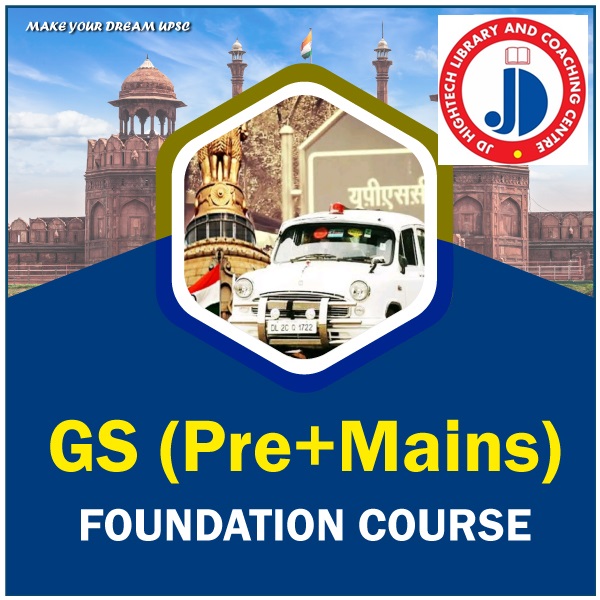The UPSC (Union Public Service Commission) conducts one of the most prestigious and competitive examinations in India, known as the Civil Services Examination. This examination is the gateway to prestigious positions within the Indian administrative system, including the Indian Administrative Service (IAS), Indian Police Service (IPS), Indian Foreign Service (IFS), and several other central services. The examination process consists of three stages: the Preliminary Examination (Prelims), the Main Examination (Mains), and the Interview.
The General Studies (GS) papers form a crucial part of both the Preliminary and Main stages of the UPSC examination. Let’s delve into each stage and understand the significance of GS in them.
Preliminary Examination (Prelims):
The Preliminary Examination serves as a screening test for candidates aspiring to appear for the Main Examination. It comprises two papers, both of which are objective-type multiple-choice questions.
1. GS Paper I: This paper tests candidates’ knowledge in various subjects like History, Geography, Polity, Economics, Science, and Current Affairs. It’s designed to assess a candidate’s understanding of diverse topics, ranging from Indian Freedom Struggle to General Science.
2. GS Paper II (CSAT): The second paper, known as the Civil Services Aptitude Test (CSAT), evaluates candidates’ comprehension, interpersonal skills, logical reasoning, analytical ability, decision-making, problem-solving, basic numeracy, and English language comprehension skills.
The GS papers in Prelims play a crucial role in shortlisting candidates for the Main Examination. Candidates must qualify by securing the cutoff marks determined by UPSC to advance to the next stage.
Main Examination (Mains):
The Main Examination is the second stage of the UPSC examination and consists of nine papers, out of which two are on General Studies. These papers are subjective in nature, demanding a comprehensive understanding and analytical approach from candidates.
1. Essay Paper: Although not explicitly labeled as General Studies, the Essay Paper expects candidates to showcase their understanding of various issues and their ability to articulate thoughts coherently and effectively. It often covers topics of national and international significance.
2. GS Paper I to IV: Out of the four General Studies papers, GS Paper I (Indian Heritage and Culture, History, and Geography of the World and Society) and GS Paper II (Governance, Constitution, Polity, Social Justice, and International relations) are dedicated to testing candidates’ knowledge and understanding of diverse subjects, including Indian culture, society, polity, and international affairs.
The GS papers in the Main Examination are crucial as they carry significant weightage in the final merit list. Candidates need to demonstrate a deep understanding of various subjects, along with critical analysis and the ability to articulate their thoughts effectively.
In essence, the General Studies papers in both Prelims and Mains are the backbone of the UPSC examination. They test candidates’ knowledge, analytical abilities, and their capacity to comprehend complex issues. Aspirants need to adopt a holistic approach towards preparation, covering a wide range of topics while also developing the skillset required to tackle the diverse challenges posed by these examinations.
Course Features
- Lectures 0
- Quizzes 0
- Duration 33 hours
- Skill level All levels
- Language English
- Students 60
- Assessments Yes

